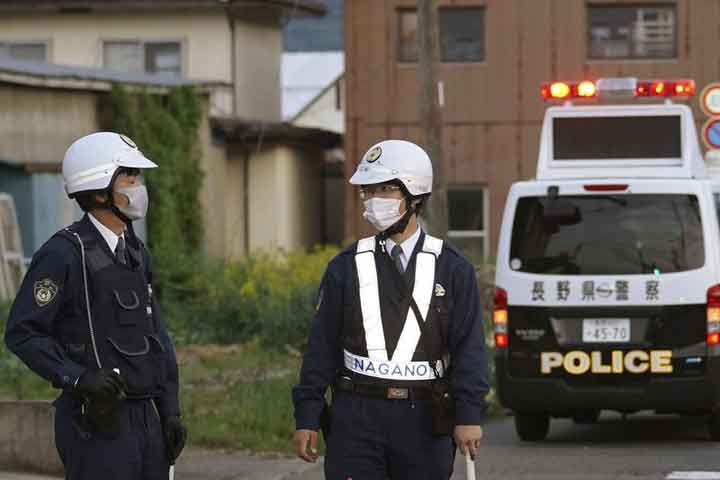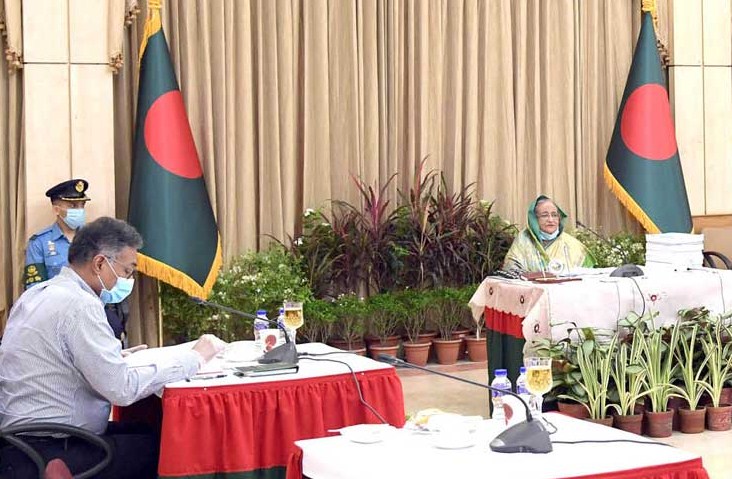Homelessness climbs sharply in rural England
A charity found that rough sleeping in rural areas has increased 40% in five years. Britain has been hit particularly hard by the cost-of-living crisis and record high property prices.
Rural England has seen a 40% increase in homelessness over the past five years, a British non-profit organization said on Tuesday.
The countryside charity CPRE said homelessness in the countryside had increased from 17,212 in 2018 to 24,143 in 2023.
CPRE found that the problem is more severe in rural areas than many of England's towns and cities, including London, Leeds or Norwich.
Across the UK, every 15 people per 100,000 are estimated to be homeless. The charity said 12 local authorities, designated as predominantly rural, had levels of rough sleeping above the national average.
More rough sleepers in Boston than London
In one town, Boston in Lincolnshire, there were 38 homeless per 100,000 people, compared to 23 per 100,000 in the United Kingdom capital.
People sleeping rough are defined as those sleeping in the open air, tents, makeshift shelters or buildings not meant for human habitation.
The charity found that the crisis is being fed by record house prices, stagnating wages, huge waiting lists for public housing and the rise of second homes and short-term lets, including Airbnb.
UK inflation hit a multidecade high of 11.1% in October 2022, partly thanks to the soaring cost of energy and food.
Lack of housing hits rents, mortgages
CPRE also decried a severe lack of housing, saying it has exacerbated the country's cost of living crisis.
The charity said 300,000 people are waiting for social housing in rural England — where the average house sells for around £420,000 ($535,000, €483,700).
Another housing charity, Shelter, estimated that levels of homelessness across England this Christmas are likely to be 14% higher than last year.
It calculated that on any given night there were close to 310,000 people in some form of homelessness, the majority in temporary accommodation.
UK needs millions more homes
CPRE called for the UK government to redefine the term "affordable housing" so it correlates to average local incomes, and to dramatically increase the available housing stock.
In February, the Centre for Cities think tank estimated that the UK (England, Scotland, Norther Ireland and Wales) was short of 4 million homes, with much of the shortage in England. Its researchers predicted it would likely take 50 years to resolve the housing crisis, based on the government's objective of building 300,000 new homes per year.
According to the UK's National House Building Council, 191,801 new homes were registered across Britain in 2022, a third less than the government target.
27 Dec 2023,20:11




















 Live Tv
Live Tv







